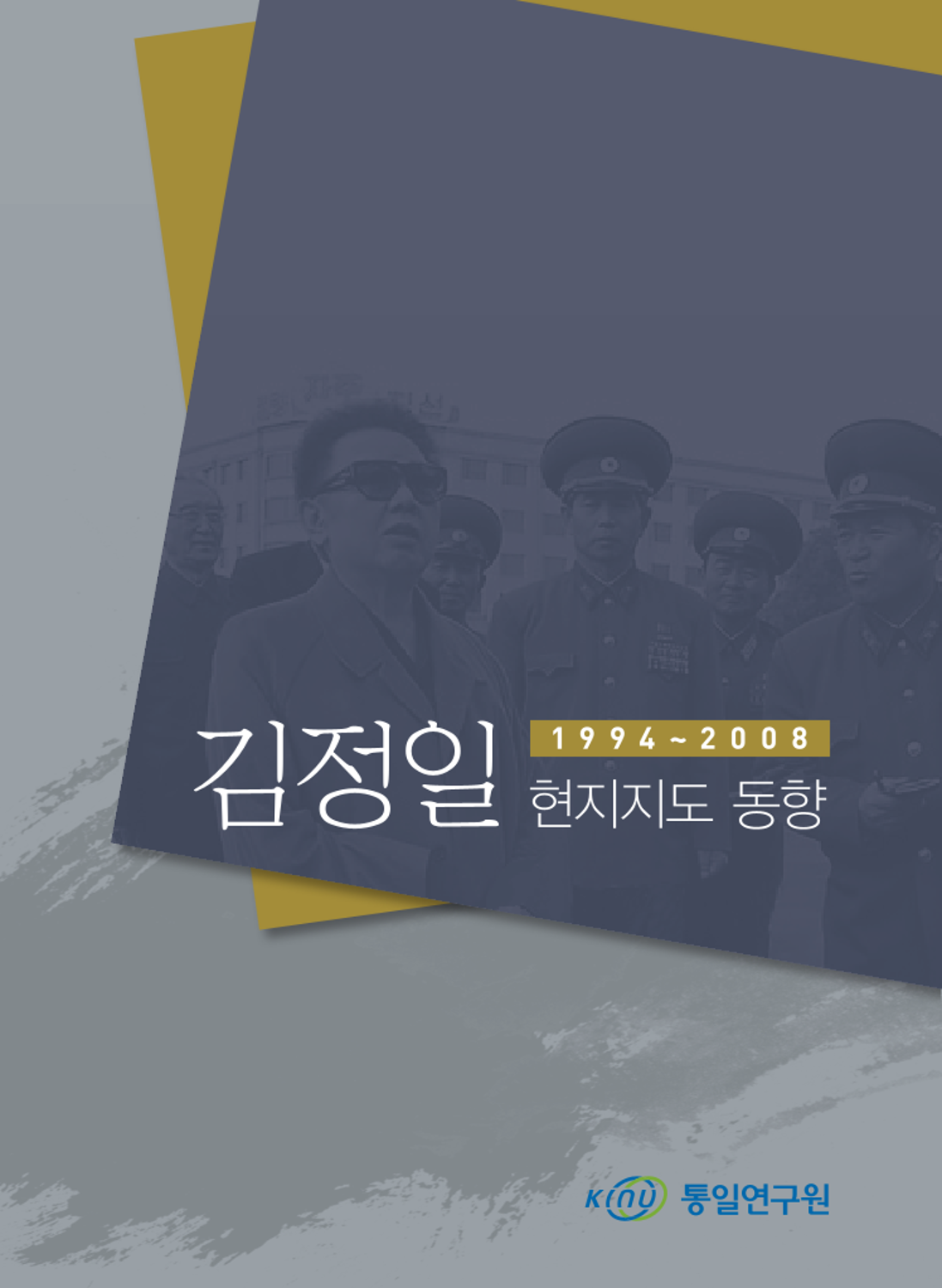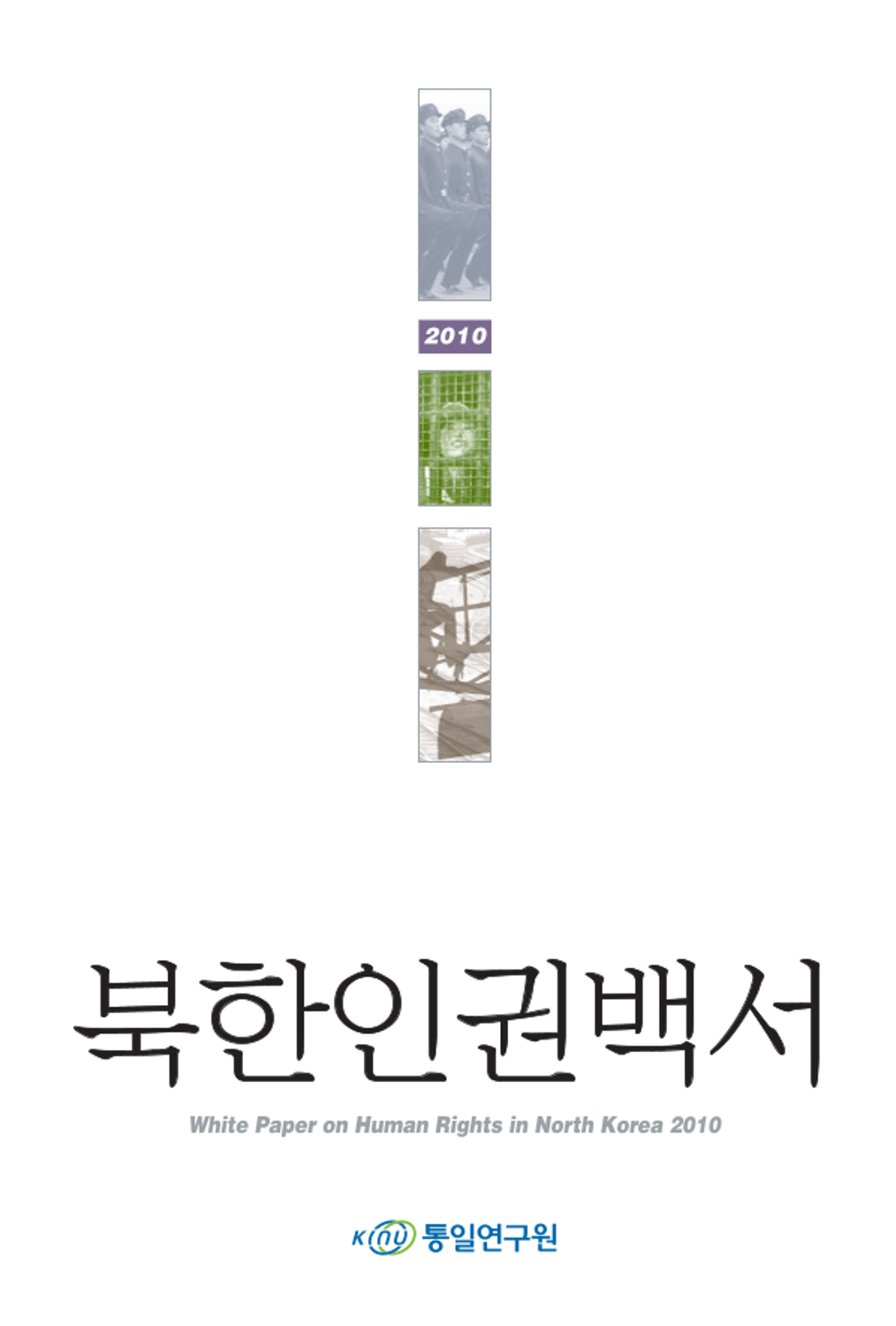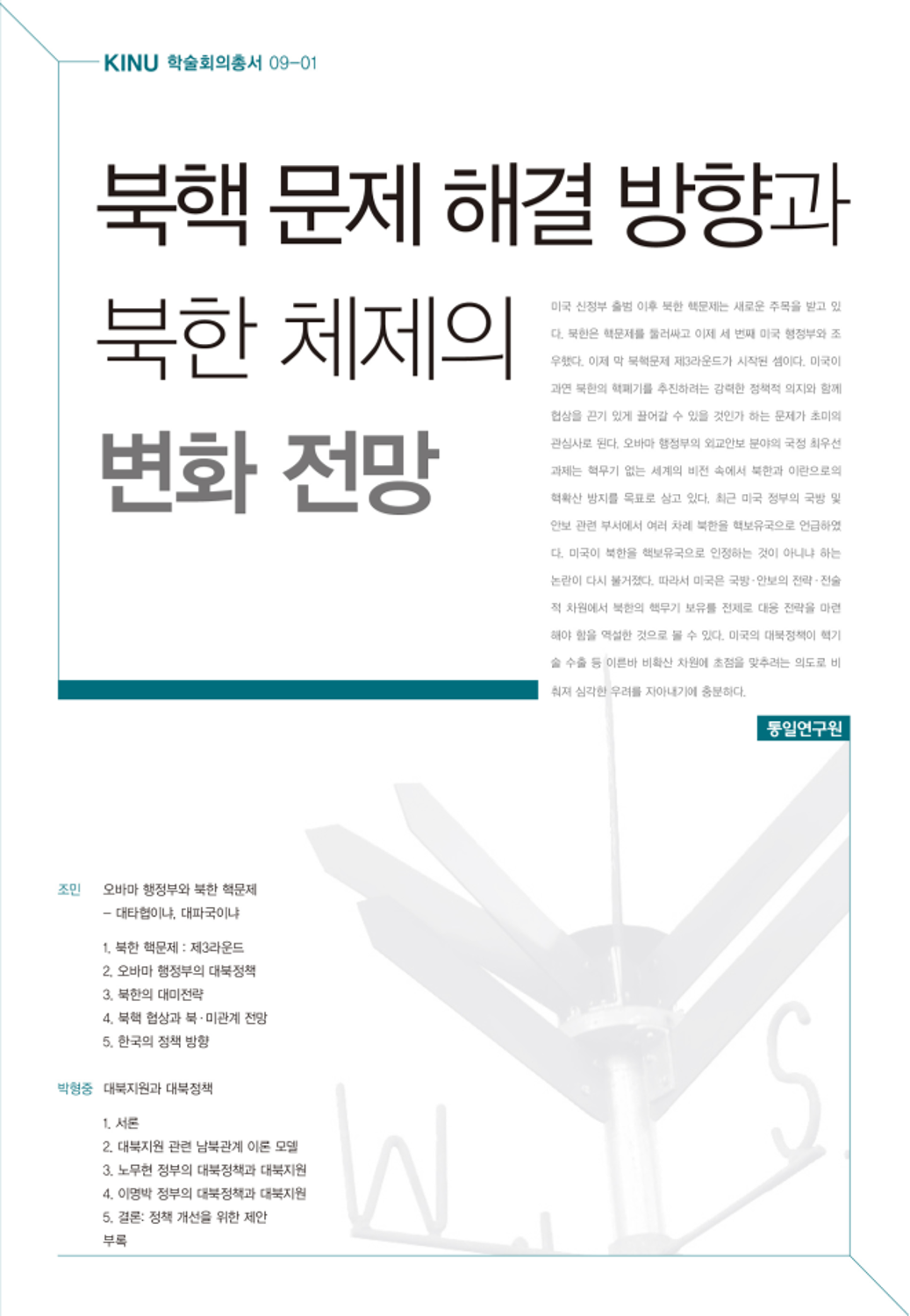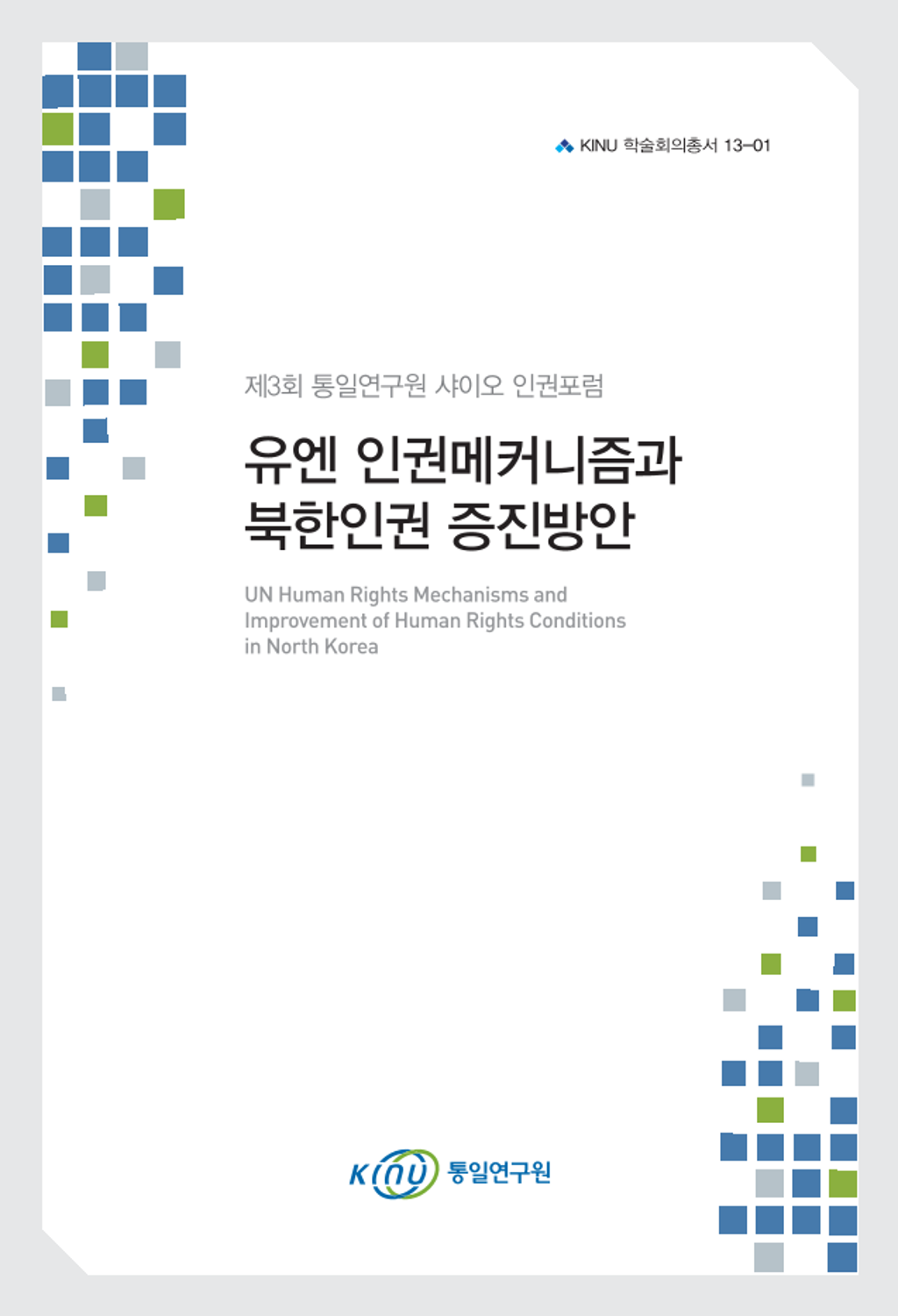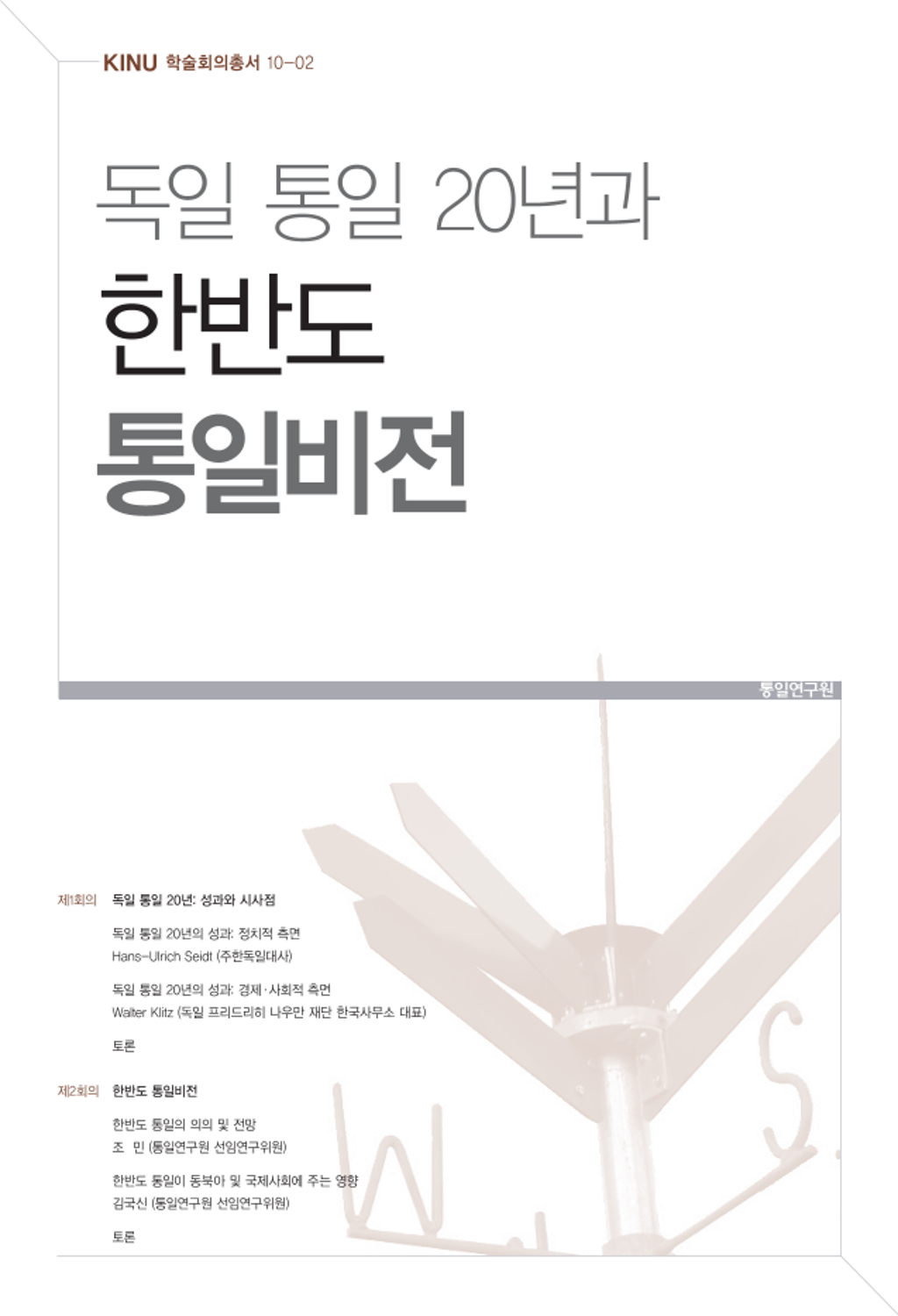
소장정보
| 위치 | 등록번호 | 청구기호 / 출력 | 상태 | 반납예정일 |
|---|---|---|---|---|
이용 가능 (2) | ||||
| 1자료실 | G0012359 | 대출가능 | - | |
| 1자료실 | G0012360 | 대출가능 | - | |
이용 가능 (2)
- 등록번호
- G0012359
- 상태/반납예정일
- 대출가능
- -
- 위치/청구기호(출력)
- 1자료실
- 등록번호
- G0012360
- 상태/반납예정일
- 대출가능
- -
- 위치/청구기호(출력)
- 1자료실
책 소개
Ladies and Gentlemen,
Quite often people apply a biased approach when evaluating the success or failure of the German reunification. The problem in my opinion is two-folded: on the one hand there is a dimension bias and on the other hand a time bias. By dimension bias, I am referring to the narrow perspective applied, which mainly focuses on the national level and especially on the financial transfers. And by time bias, I am referring to the exuberant expectations in the very beginning after the reunification and the assumptions, partly nurtured by Helmut Kohls dictum of the “flowering regions”, which implied that the social and economic convergence is just a matter of some years. Well, because of these biases the magnitude of the reunification and its consequences are sometimes not conceived fully, and therefore the accomplishments of reunited Germany are heavily underestimated, on the international as well as on the domestic level. Therefore I think it is useful to try to bring back to mind some of the circumstances and challenges of the reunification as well as to try to assess the progress made in East Germany.
목차
제1회의 독일 통일 20년: 성과와 시사점
독일 통일 20년의 성과: 정치적 측면/ Hans-Ulrich Seidt (주한독일대사)
독일 통일 20년의 성과: 경제ㆍ사회적 측면/ Walter Klitz (독일 프리드리히 나우만 재단 한국사무소 대표)
토론
제2회의 한반도 통일비전
한반도 통일의 의의 및 전망/ 조 민 (통일연구원 선임연구위원)
한반도 통일이 동북아 및 국제사회에 주는 영향/ 김국신 (통일연구원 선임연구위원)
토론



